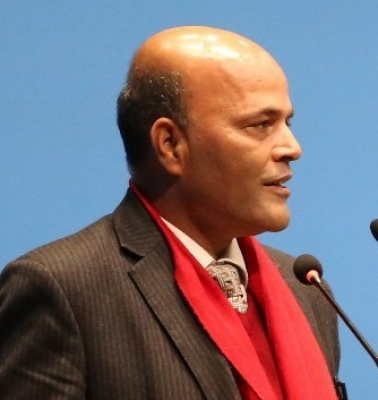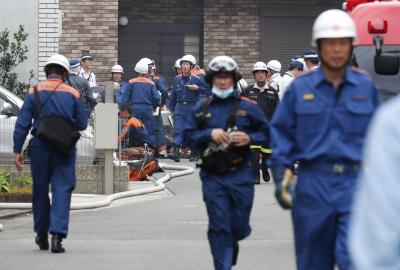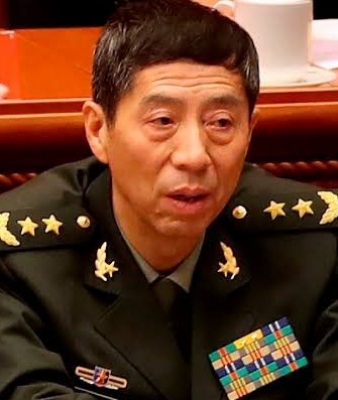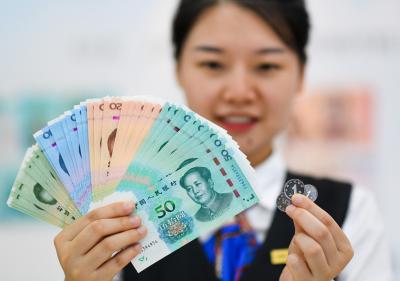World
China wants to send record unemployed youth to villages to find work

World
Nepal MP takes off clothes in House after not being allowed to speak
World
Woman injured following train station can explosion in Tokyo
World
Indian-American doctor indicted for sexually assaulting patients
World
China wants ‘new fields’ of cooperation with Pakistan military
World
China using its currency to insulate against future sanctions
-
Tech12 months ago
ChatGPT’s arrival raises personal data theft, hacking risks many times over
-
Entertainment1 year ago
Mohit Malhotra joins ‘Bhagya Lakshmi’ cast as a kind-hearted businessman
-
World1 year ago
Women not wearing hijab will be refused entry to Tehran Metro
-
Business12 months ago
Overall connected vehicle tech grows 60% in India in Q1
-
Entertainment1 year ago
With ‘Agent’ behind her, Saiee Manjrekar opens up on her career trajectory
-
Entertainment1 year ago
Kylie Jenner, Timothee Chalamet enjoy taco date amid romance rumours
-
Entertainment1 year ago
As ‘KGF 2’ celebrates one year, production house hints at ‘Chapter 3’
-
Fashion1 year ago
Ishaan Khatter goes shirtless in mirror selfie, flaunts perfect abs
-
Entertainment1 year ago
Jamie Foxx has ‘8 unfinished working days’ on new film after medical emergency
-
Business1 year ago
6 Digital Currency Tips: For Beginners




































